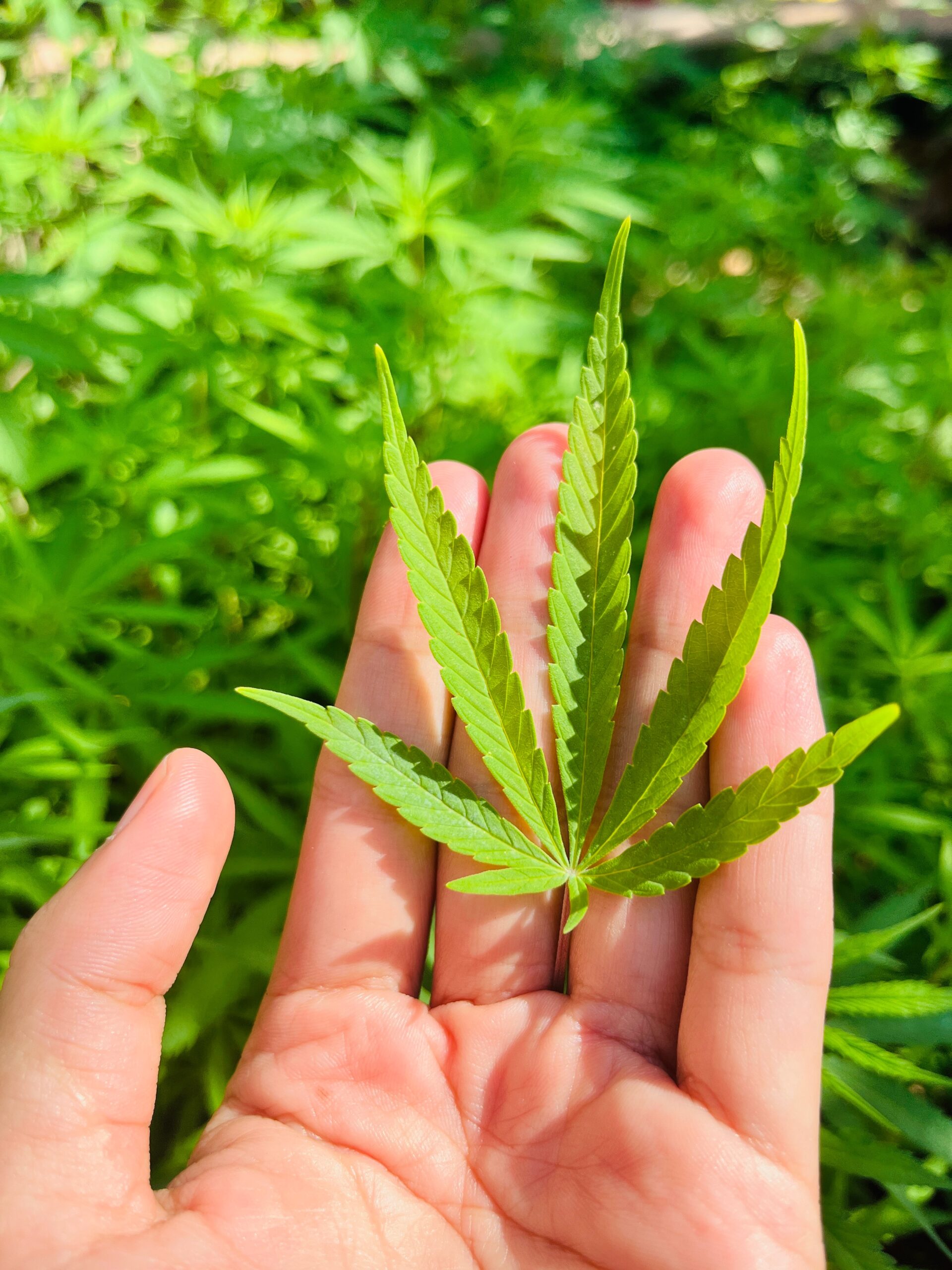Top 20 Medicinal Plants for Indian Homes

India is origin for a wide variety of plant species, owing to 24.39% of the geological area which is covered by Trees & Forests. Some Plant species do play a vital part in the role of humanization and are responsible for 54% of medicinal, direct & indirect processing. We are blessed with such herb plants in India.
Certainly! Here are 20 medicinal plants commonly found in Indian homes:
1. Tulsi

Tulsi is considered as “queen of herbs” in India and is widely grown for its various medicinal properties. It is known to boost the immune system, relieve cough and cold symptoms, and promote overall well-being.
2. Aloe Vera

Aloe Vera is a succulent plant with thick, gel-filled leaves. It is known for its healing properties and is commonly used to treat burns, wounds, and skin conditions. Aloe Vera also has a range of health benefits when consumed internally. Soothes skin irritations, promotes wound healing, moisturizes skin, aids digestion, and supports immune function.
3. Neem

Treats skin disorders, has antibacterial and antifungal properties, supports dental health, and boosts the immune system.
4. Ashwagandha

Ashwagandha is an adaptogenic spice that assists the body manage stress. It is used in Ayurvedic medicine to enhance energy levels, improve cognitive function, and support overall vitality. Ashwagandha is often consumed in powdered form or as a supplement.
5. Ginger

Ginger is a common kitchen ingredient in India that offers various health benefits. It aids digestion, relieves nausea and vomiting, reduces inflammation, and boosts the immune system. Ginger can be consumed fresh, as a tea, or added to dishes.
6. Turmeric

Turmeric is a vibrant yellow spice widely used in Indian cuisine. It contains a compound called curcumin, which has potent anti-inflammatory and antioxidant properties. Turmeric is known to support joint health, improve digestion, and enhance immunity.
7. Brahmi

Brahmi, also known as Bacopa monnieri, is a herb traditionally used in Ayurvedic medicine to improve memory and cognitive function. It is often consumed in the form of capsules or as a powder mixed with honey.
8. Curry leaves

Curry leaves are commonly used in Indian cooking for their aromatic flavor. They are rich in antioxidants and have various health benefits. Curry leaves promote digestion, help control blood sugar levels, and improve hair and skin health.
9. Mint

Mint is a refreshing herb that is known for its soothing properties. It aids digestion, relieves headaches, and provides relief from respiratory disorders. Mint leaves can be used to make tea, added to salads, or used as a garnish.
10. Giloy (Tinospora cordifolia)

Giloy is a popular herb in Ayurveda known for its immune-boosting properties. It helps fight infections, reduces fever, and detoxifies the body. Giloy can be consumed as a juice or in the form of capsules.
11. Indian Gooseberry (Amla)

Rich in vitamin C, strengthens the immune system, promotes hair and skin health, aids digestion, and supports liver function.
12. Fenugreek (Methi):

Helps regulate blood sugar levels, aids digestion, reduces inflammation, and promotes lactation in breastfeeding mothers.
13. Cumin (Jeera)

Aids digestion, relieves bloating and gas, improves respiratory health, and has antioxidant properties.
14. Coriander (Dhania)

Aids digestion, reduces cholesterol levels, promotes healthy menstrual cycles, and has anti-inflammatory properties.
15. Fennel (Saunf)

Relieves digestive issues, reduces bloating and gas, supports breastfeeding, and freshens breath.
16. Garlic (Lasuna)

Boosts immune function, lowers blood pressure and cholesterol levels, supports heart health, and has antimicrobial properties.
17. Cardamom (Elaichi)

Improves digestion, freshens breath, aids detoxification, and has anti-inflammatory properties.
18. Black Pepper (Kali Mirch)

Enhances digestion, improves nutrient absorption, aids weight loss, and has antioxidant properties.
19. Saffron (Kesar)

Boosts mood and mental health, improves memory and cognition, supports heart health, and has antioxidant properties.
20. Moringa (Drumstick)

Rich in nutrients, supports immune function, aids digestion, promotes healthy skin, and has anti-inflammatory properties.
You may also interested in:
How to increase white blood cells?
6 Home Remedies for Gums Pain: Toothache
